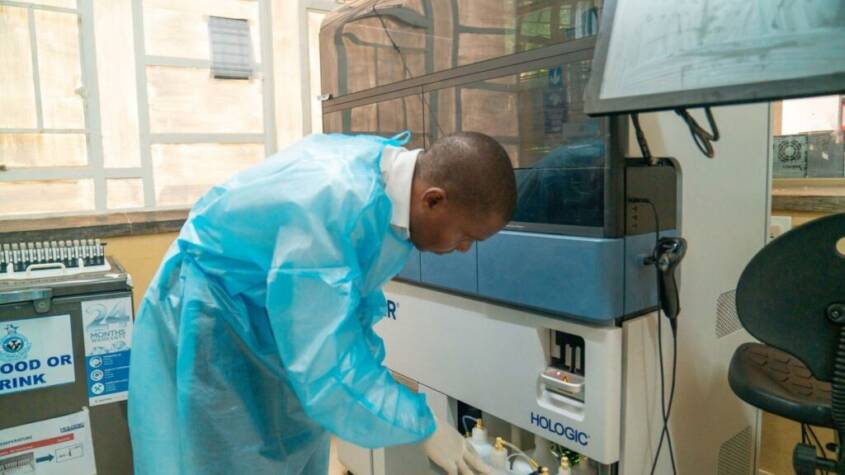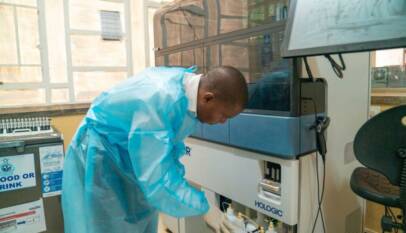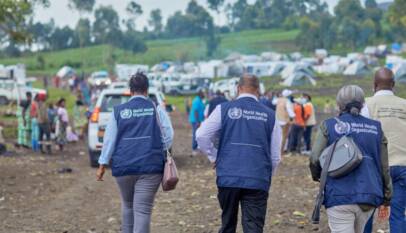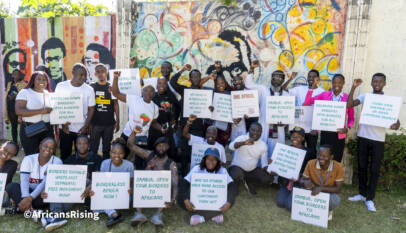Zimbabwe strengthens integrated cancer services to improve women’s health
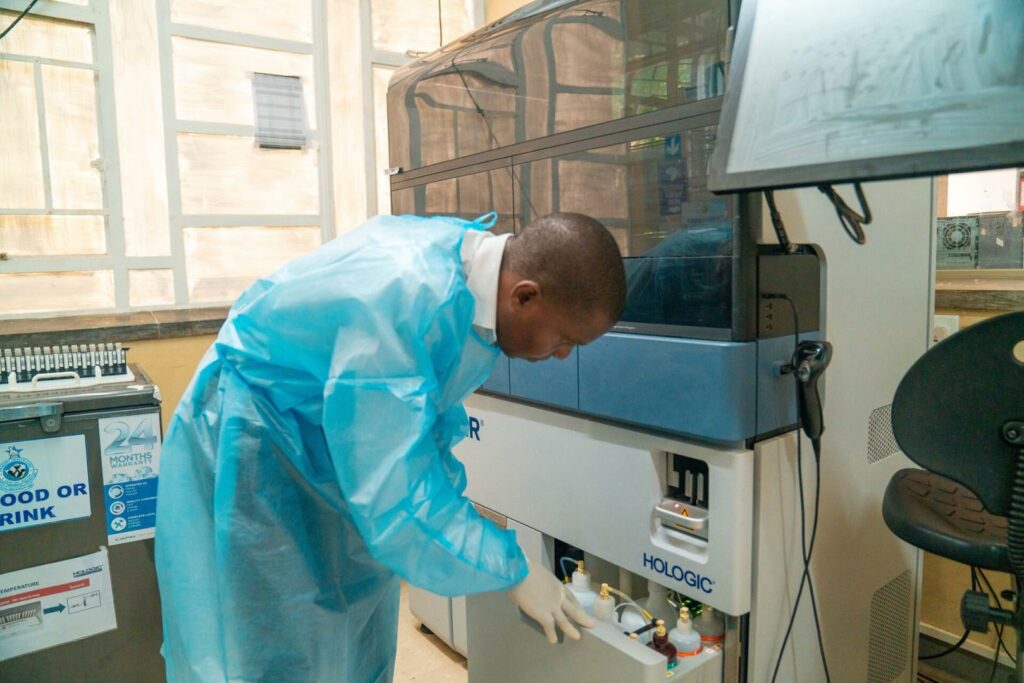
Harare, Zimbabwe, 19 November 2025 -/African Media Agency(AMA)/-Zimbabwe is intensifying efforts to improve the prevention, early detection and treatment of breast and cervical cancers by integrating cancer and chronic disease services into primary health care. This approach aims to bring essential health services closer to communities and ensure women have equitable access to quality care.
Cervical cancer accounts for almost 41% of all cancers among women in the country, followed by breast cancer at 13%, according to Zimbabwe’s National Cancer Registry. To address the burden, the Ministry of Health and Child Care (MoHCC), with support from World Health Organization (WHO) and partners, is implementing measures to strengthen integrated cancer services across the health system.
In July 2025, WHO handed over medical equipment worth US$ 20 000 to the MoHCC to support service delivery at the primary health level. The specialized equipment can be used to screen for noncommunicable diseases, including diabetes and hypertension.
Building on this support, MoHCC and WHO held training of trainers sessions in August 2025 for health professionals from Mashonaland West and Matabeleland South provinces.
“Many cancers are preventable. Let us spread the word and let all women know about it,” says Esther Ngaru, one of the trainees and reproductive health officers at MOHCC.
Twenty-five health professionals were trained on integrating the management of breast and cervical cancers, mental health and chronic diseases, as well as coordinated provision of prevention, screening, diagnosis, treatment and care services.
The trainers are spreading this knowledge to frontline health workers to strengthen prevention, screening and treatment at community level.
“Thanks to this training, our screening will be more effective than ever,” says Audrey Musorowembudzi, a nurse at Hurungwe Rural Health Centre. “At my facility, I will share this knowledge with my colleagues so that no woman is left behind.”
In Karoi, a town in Mashonaland West Province, seven primary health care nurses and village health workers have already benefited from these trainings.
Village health worker Angeline Mukusa from Chigumbura Village says she will use the lessons learned to raise awareness in her community. “Cancer is a major concern where I live,” she says. “I will encourage early detection and HPV vaccination for girls. Cancer is treatable if detected early and this will save many lives.”
According to the district’s medical officer Dr Munyaradzi Chidaushe this approach is already improving service delivery. “This work is transformative. Village health workers can identify and refer women suspected of breast or cervical cancer more easily. Prevention is key to protecting communities,” he says.
These activities are part of the Women’s Integrated Care for Cancer Services (WICS) project, led by the WHO Regional Office for Africa with support from Roche. Implemented in Côte d’Ivoire, Kenya and Zimbabwe, the project aims to strengthen integrated breast and cervical cancer services within primary health care. Zimbabwe was selected because its established cervical cancer programme provides a foundation for integrating additional services for cancer and chronic diseases.
“Through the commitment of health workers, the leadership of MOHCC, and the support of WHO and partners, Zimbabwe is taking a decisive step towards reducing the burden of breast and cervical cancer,” says Dr Desta Tiruneh WHO Representative in Zimbabwe. “These efforts bring the country closer to a future where no woman dies from a preventable or treatable cancer and where health systems truly serve communities with equity and compassion.”
Distributed by African Media Agency (AMA) on behalf of WHO.
The post Zimbabwe strengthens integrated cancer services to improve women’s health appeared first on African Media Agency.

